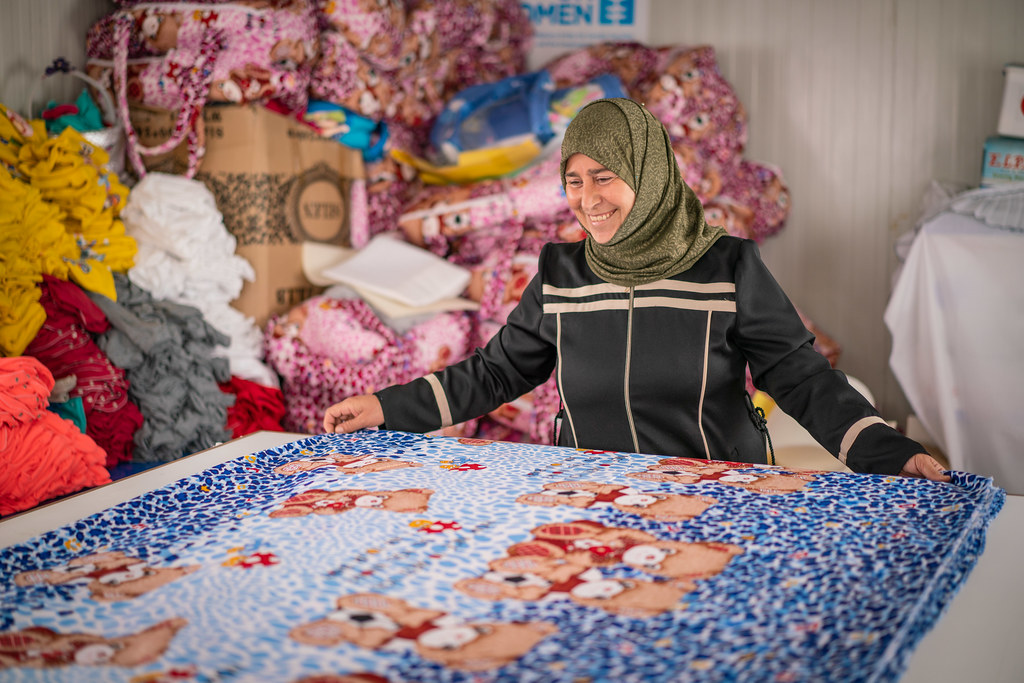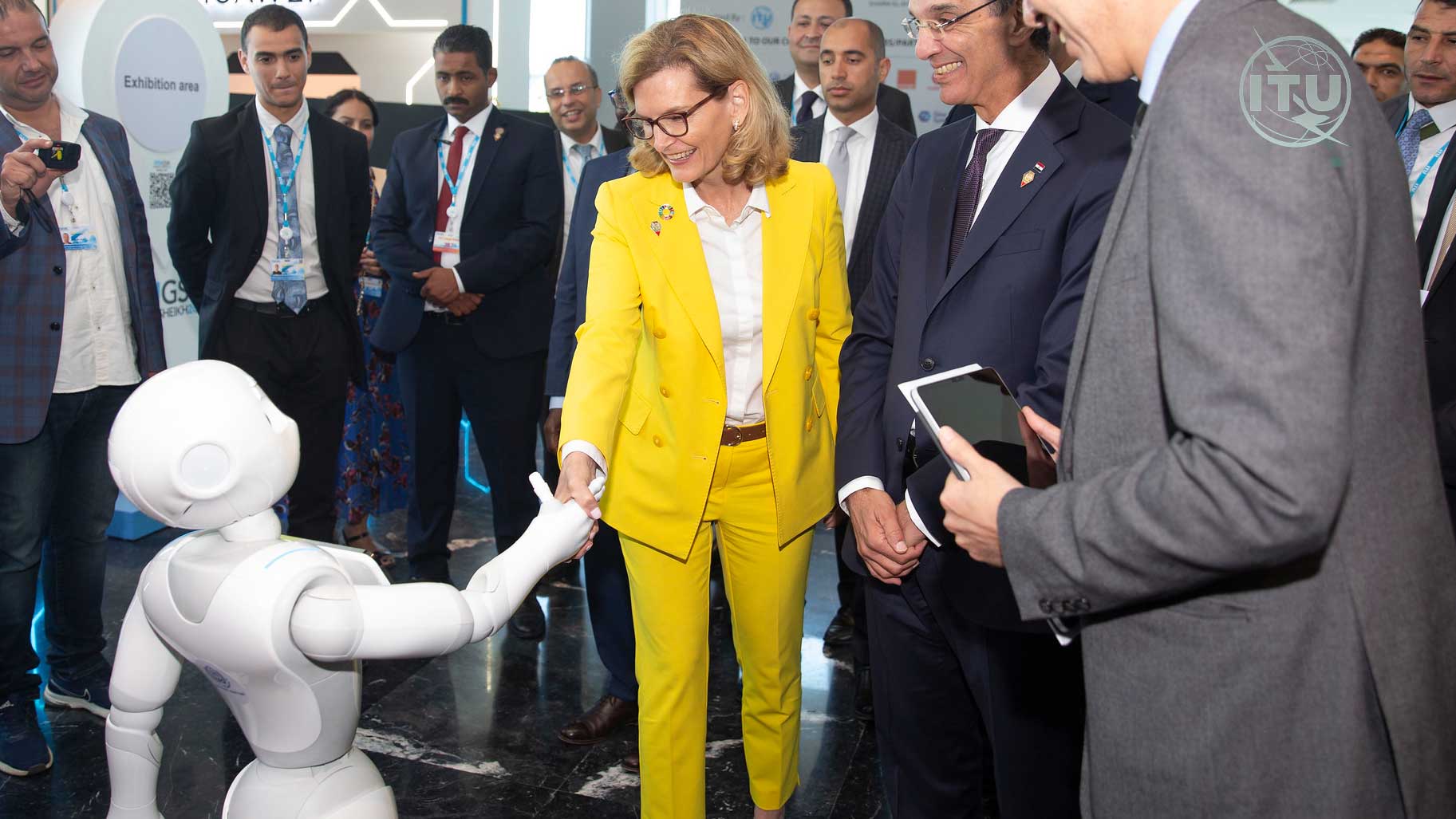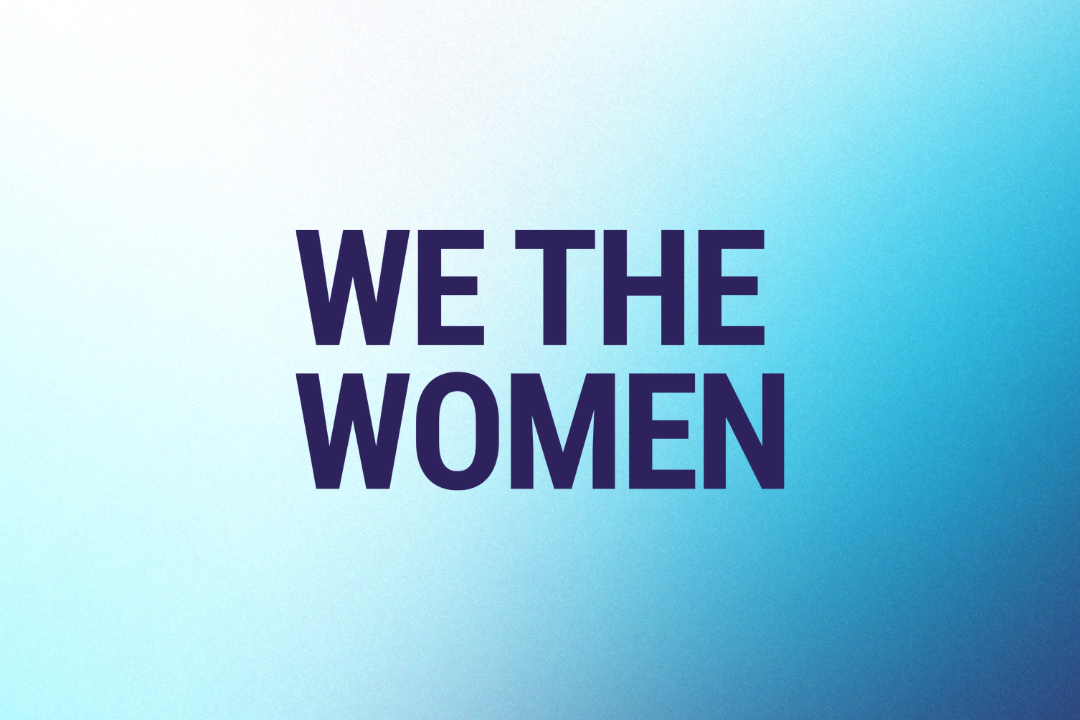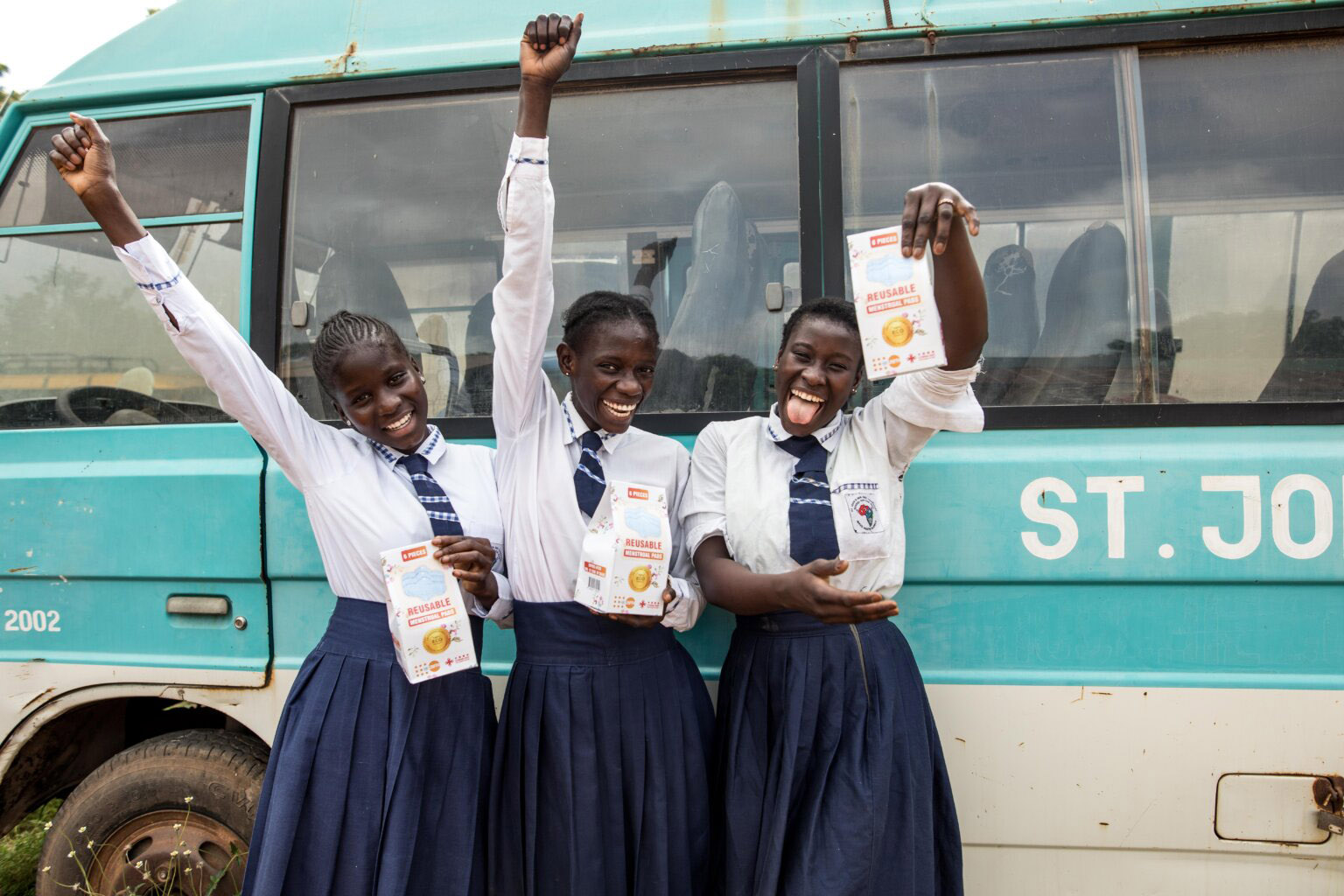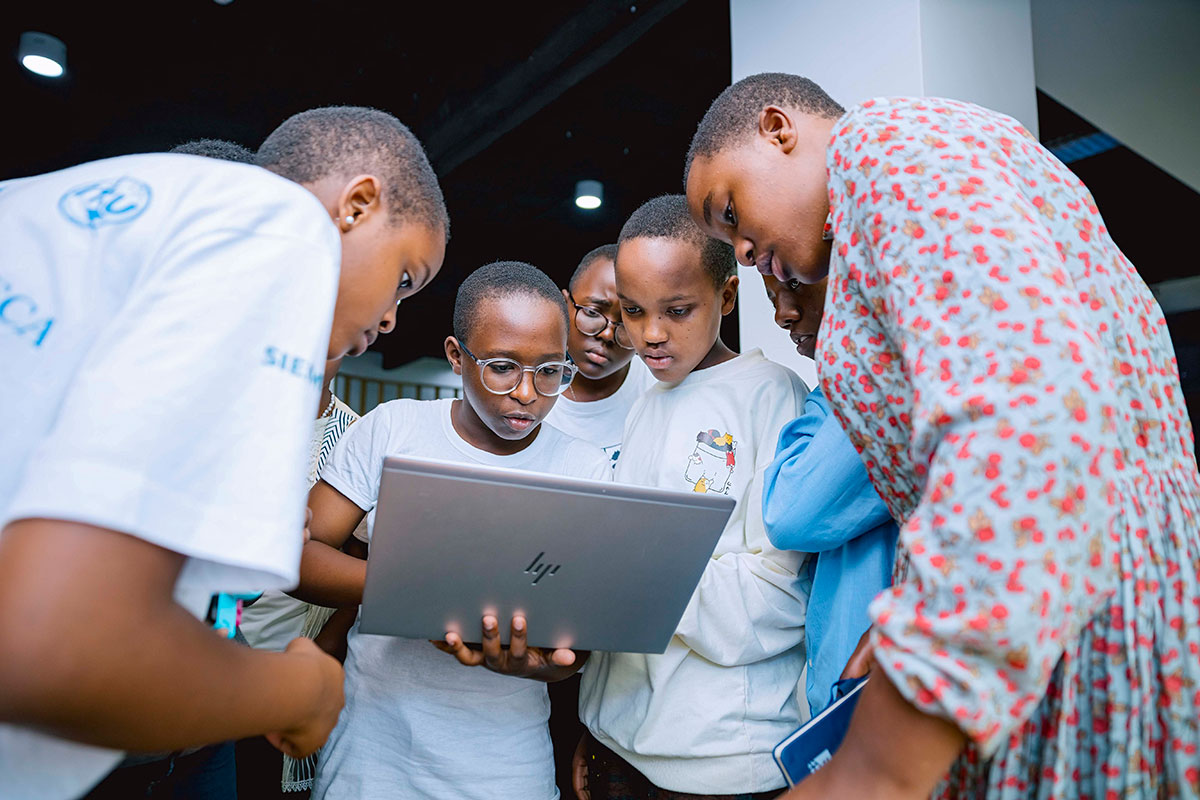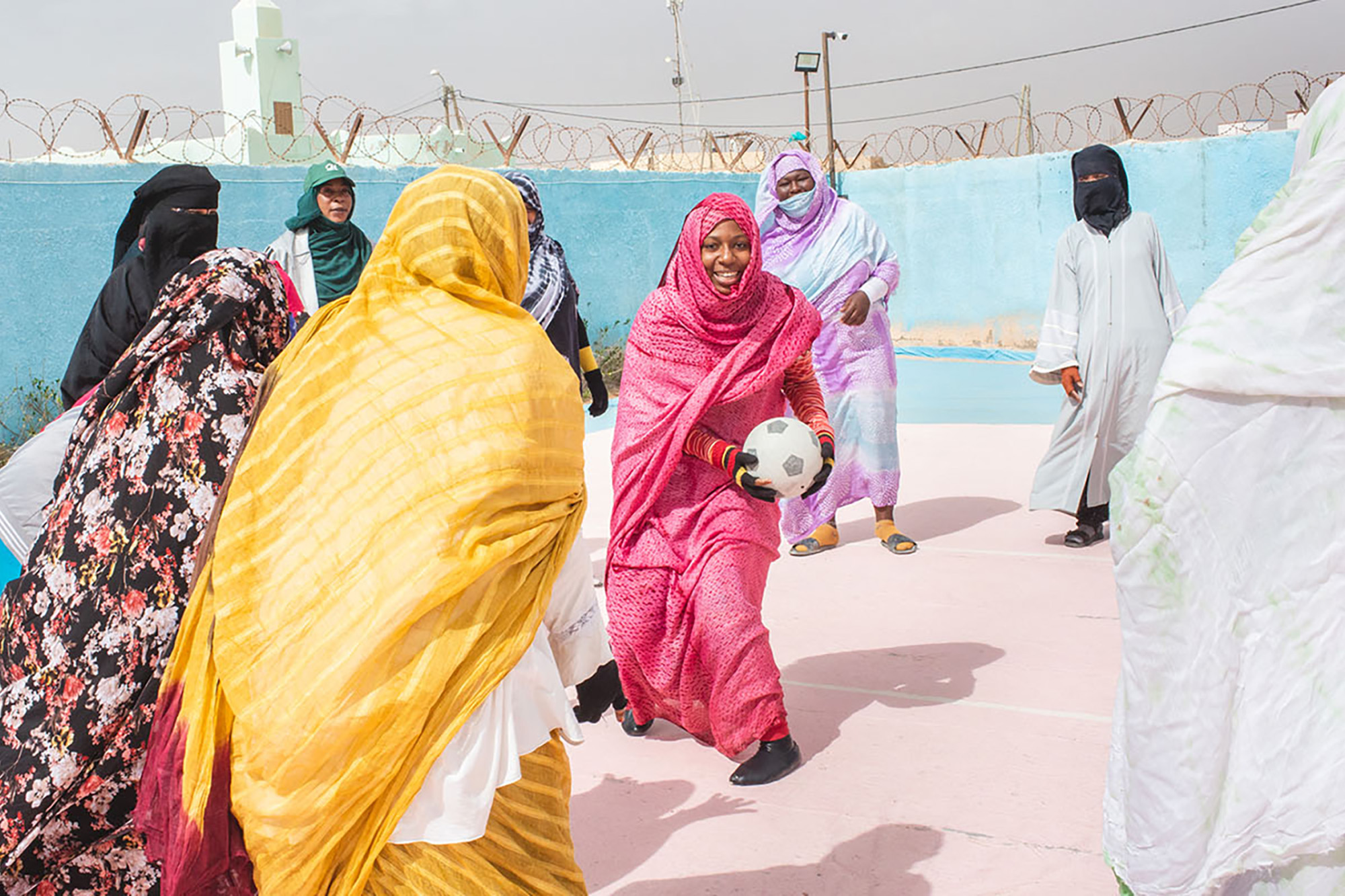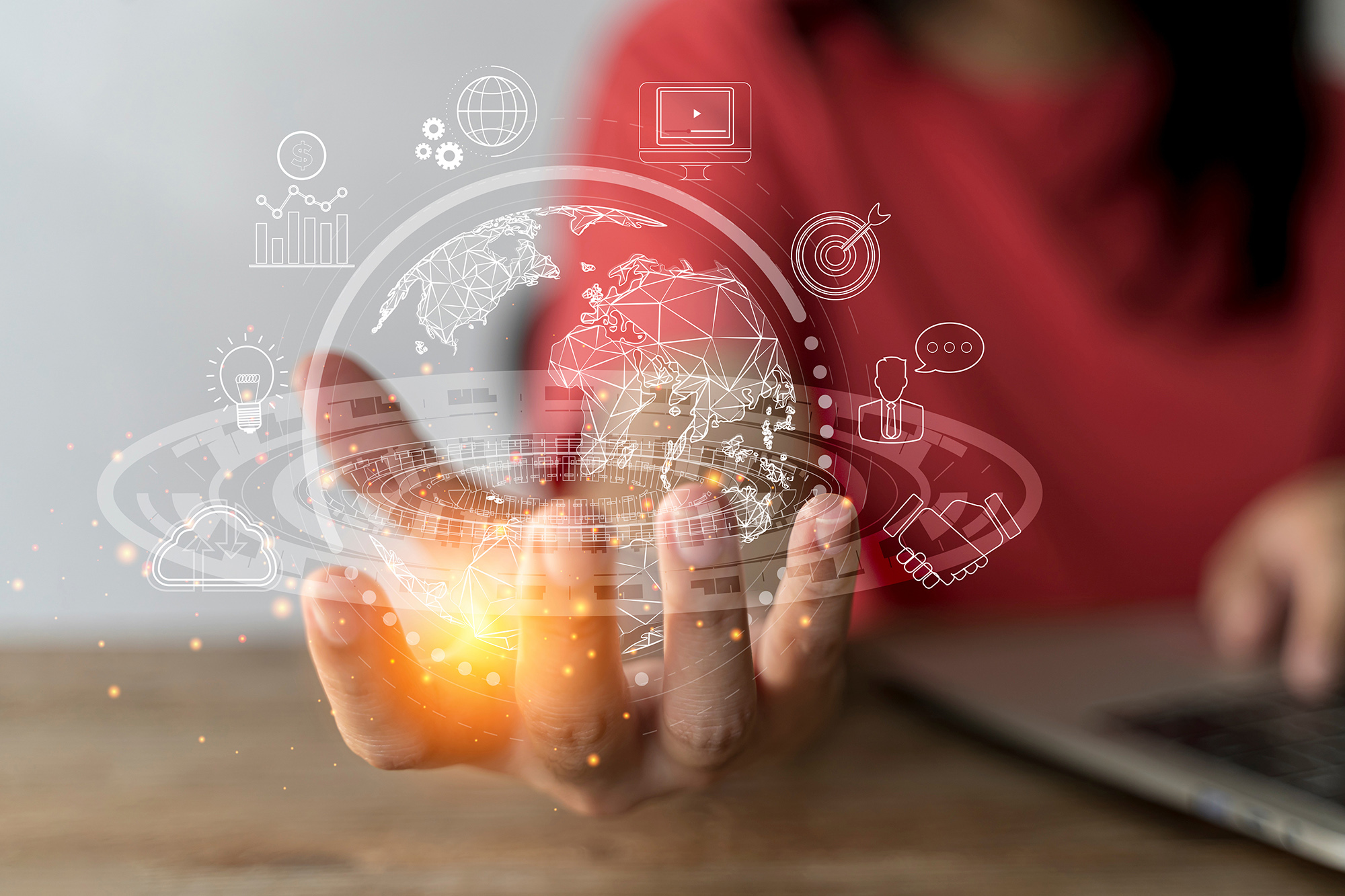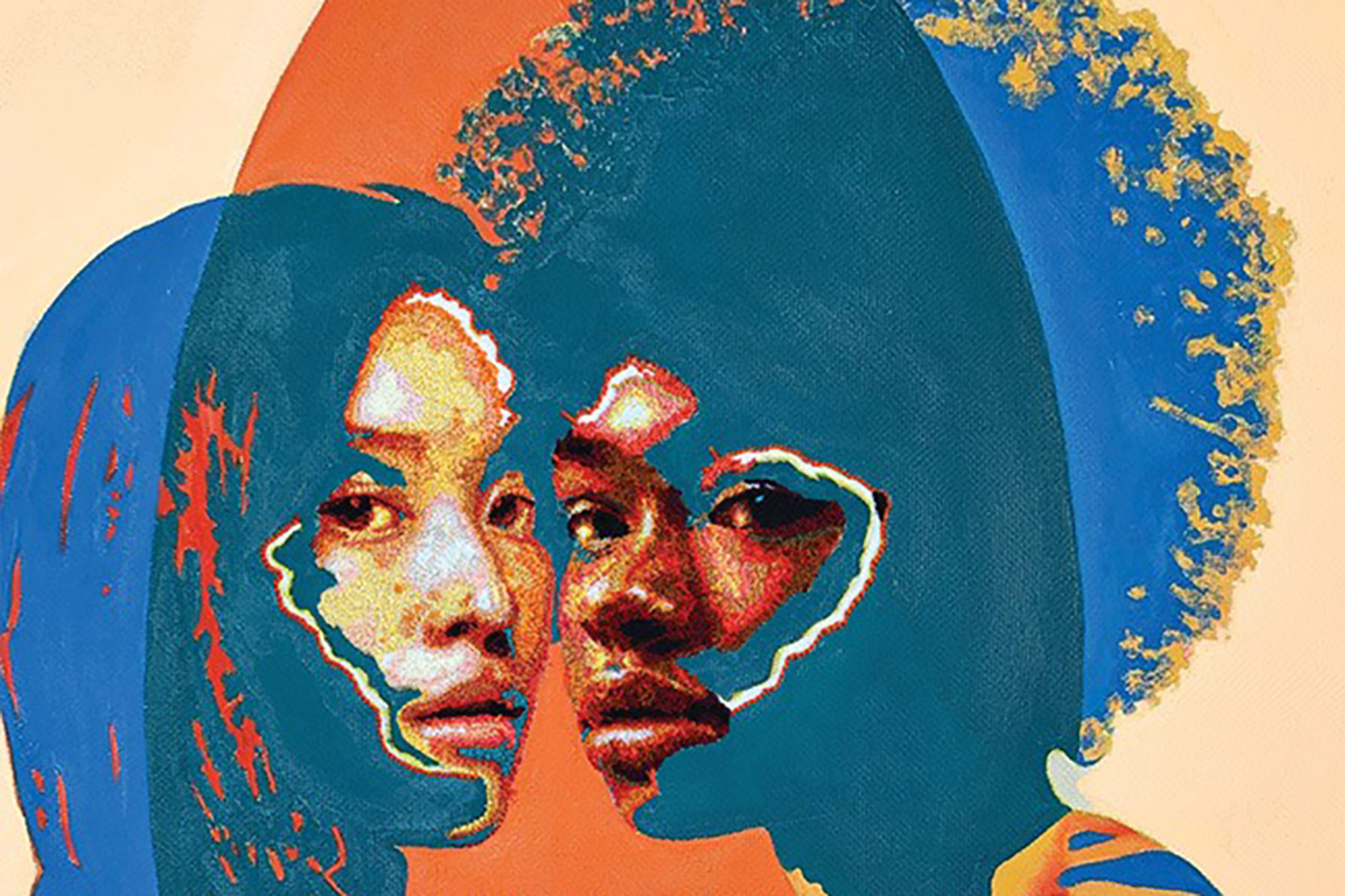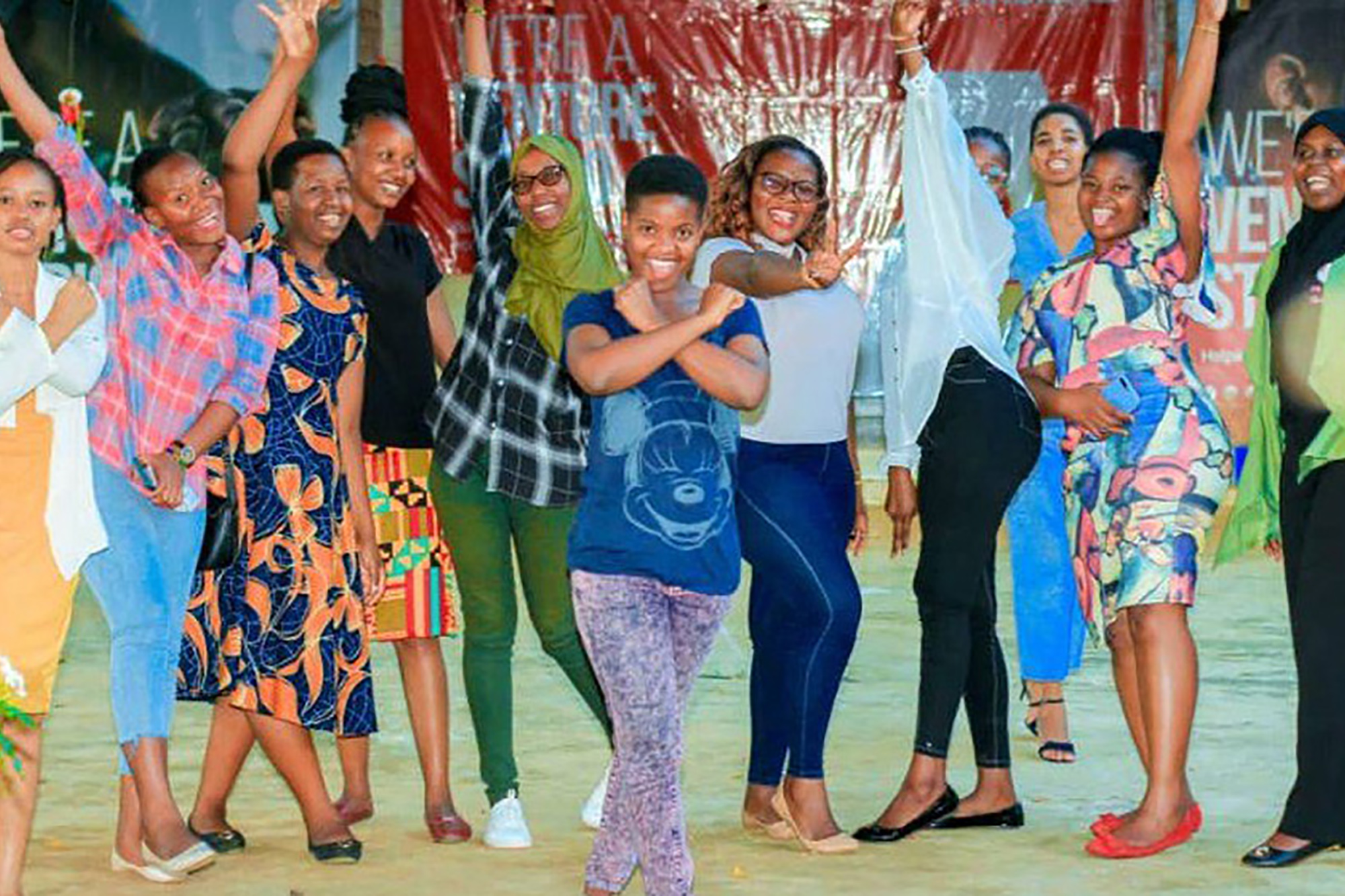Around the world and through the decades, we have all shared in the global struggle for gender equality.
Women and Gender Equality
The world has made unprecedented advances, but no country has achieved gender equality. Legal restrictions have kept 2.7 billion women from having the same choice of jobs as men. Less than 25% of parliamentarians are women. One in three women experiences gender-based violence. International Women’s Day, 8 March, is a time to reflect on progress made, to call for change and to celebrate acts of courage and determination by ordinary women. This year’s theme, I am Generation Equality: Realizing Women’s Rights, is aligned with UN Women’s campaign marking the 25th anniversary of the Beijing Declaration and Platform for Action. Let’s make 2020 count for women and girls everywhere!
“2.6 billion people don't have access to the internet … if you're not part of the digital revolution, you're not going to be part of the AI revolution – we’ve got to close that gap.”
Doreen Bogdan-Martin’s fascinating career handed her a front row seat for the digital revolution. Now Secretary-General of the International Telecommunication Union (ITU), she’s among those leading global efforts to set guardrails on the use of Artificial Intelligence.
“I think we've never seen anything like this before … the plane is in flight and we're building it while we're flying - it's tremendous.”
AI presents huge opportunities for humanity, but also poses great risks. In this episode, Doreen Bogdan-Martin reflects on working to ensure the humane and sustainable use of AI, on connecting the billions around the world who are not yet online, and on juggling a career with four children.
Photo: ©ITU/D.Woldu
In Artibonite, Haiti, a shelter provides crucial support and sanctuary for survivors of gender-based violence, led by dedicated volunteers and bolstered by initiatives like UNFPA's rehabilitation efforts.
Amid a global backlash against women’s rights, women are committed to championing rights and representation. Survey results from 185 countries show that 86 per cent cite climate change, and more than 50 per cent identify conflict as primary concerns for the next decade.
Menstrual health and hygiene are vital to the well-being and empowerment of women and adolescent girls. However, hundreds of millions of individuals lack access to menstrual products and adequate facilities for menstrual health. Under the theme "Together for a #PeriodFriendlyWorld," this year's Menstrual Hygiene Day (28 May) urges the international community to prioritize menstrual health in both global and national health and development policies with investment reflecting the important role it plays in human rights, public health, gender equality and sustainable development.
The world has a gender equality problem, and Artificial Intelligence (AI) mirrors the gender bias in our society. Although globally more women are accessing the internet every year, in low-income countries, only 20 per cent are connected. The gender digital divide creates a data gap that is reflected in the gender bias in AI. Who creates AI and what biases are built into AI data (or not), can perpetuate, widen, or reduce gender equality gaps. Removing gender bias in AI starts with prioritizing gender equality as a goal, as AI systems are conceptualized and built. The AI field needs more women, and that requires enabling and increasing girls’ and women’s access to and leadership in STEM and ICT education and careers. Here, young women participants work together on a laptop at during an African Girls Can Code Initiative's coding bootcamp held at the GIZ Digital Transformation Center in Kigali, Rwanda in April 2024.
Hasina's inspirational journey showcases the resilience and potential of Afghan women in ICT, highlighting the transformative power of education and technology.
Why do UNFPA and the humanitarian workers we support continue to help the seemingly endless number of women and girls in need? Because we care, and we know you do too.
Learn more about our mission to deliver a world where every pregnancy is wanted, every childbirth is safe and every young person's potential is fulfilled.
At the 1994 International Conference on Population and Development, world leaders recognized that sustainable development requires prioritizing human rights, including sexual and reproductive health and rights, and empowering women and girls. While progress has been made, it has not been equal for everyone, and crises like climate change and war threaten to roll back advances. 30 years later, 47 UN Member States are meeting to assess progress and commit to closing gaps and ensuring rights and choices for all.
In Ethiopia's Somali Region, women are not only building businesses but also resilience against climate change through empowerment initiatives that provide training, access to markets, and financial services.
Despite women now constituting 40% of high-skill occupations worldwide, their involvement in ICT-related fields remains disproportionately low. This year's International Girls in ICT Day celebrations emphasize the crucial necessity for influential female role models in science, technology, engineering, and mathematics (STEM) careers. The 2024 event, under the theme of "Leadership," highlights the importance of exposing girls and young women to leadership roles in STEM, aiming to inspire them and dismantle barriers that impede their advancement. Let's support #GirlsinICTday!
Today in Geneva, the United Nations Population Fund (UNFPA) unveils its flagship report "The State of World Population 2024: Interwoven Lives, Threads of Hope". The report calls for global action to dismantle unjust and discriminatory structures that hinder millions from realizing their full rights and potential. Dr. Natalia Kanem, Executive Director of UNFPA, along with a panel of experts, will delve into the report's compelling evidence on the systemic and intersectional discrimination impacting women's health and well-being.
Chioma Uzoma, a 26-year-old Nigerian, is leading a team of six women to empower young women to take charge of their health. The team is one of the 14 winners of the female-led 4HerPower Challenge, an initiative of the United Nations Population Fund (UNFPA) to support innovations in sexual and reproductive health for young people worldwide. Gender inequality in health research, data collection, and investment results in women spending 25% more of their lives in debilitating illness than men do, costing the global economy an estimated $1 trillion. However, women innovators are stepping up to bridge the gap and save lives. Despite this, UNFPA estimates that $222 billion would need to be invested in the health and rights of women and girls by 2030, a goal that funding is not currently on track to meet.
It is estimated that around 60 million individuals are currently at risk of encountering mines and other explosive ordnance. Many of these individuals live in areas where conflicts have officially ended years or even decades ago, while others are in regions where wars are still ongoing. The active participation of women in addressing the challenges presented by explosive ordnance is now being recognized as a crucial factor in unlocking the sustainable development benefits of mine action. Read the testimonies of women who have cleared mines in Azerbaijan, Ukraine, and Laos PDR after receiving training conducted by the United Nations Development Programme (UNDP).

